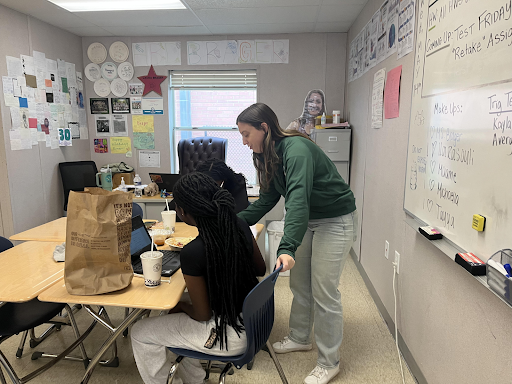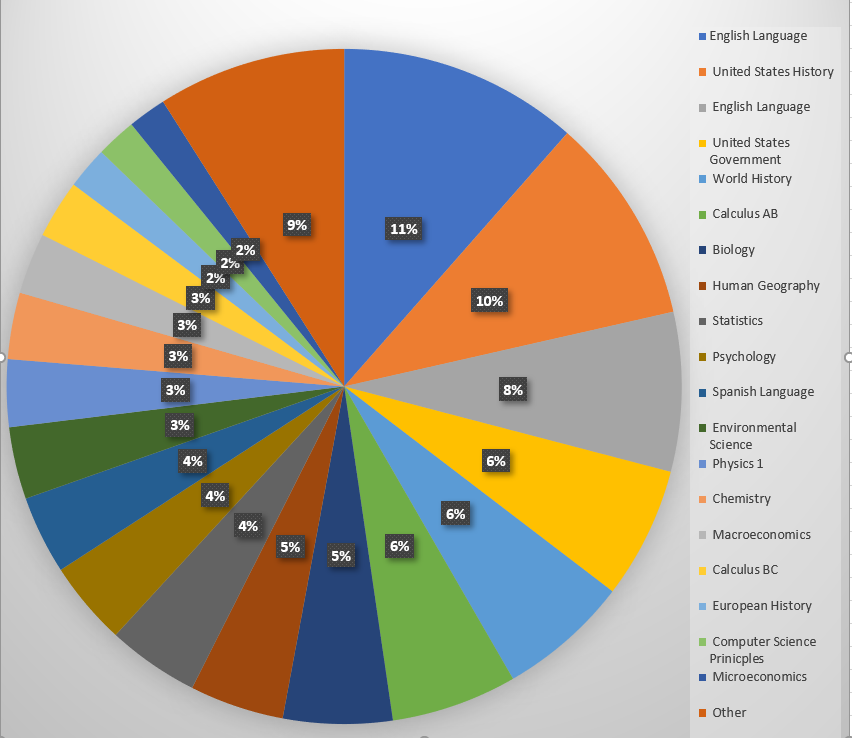For as long as most of us can remember, testing has been a quintessential part of the college admissions process. Late night study sessions, test prep courses, practice tests–The obsession that students have had with scoring the perfect 1600 has been ingrained into high schoolers all over the country for decades. But over the last year and a half, a component that we once thought was a necessity in determining who went to top schools, has now taken a back seat. Enter the “test-optional” system. A system that needs to stay.
At the start of the pandemic, restaurants, movie theaters, schools, offices, and of course testing centers were shut down all over the country. For months, anxious juniors and seniors awaited announcements clearing them for testing. But that announcement, in a lot of instances, never came. Suddenly, students who had spent months preparing, shooting for their dream scores were completely unable to demonstrate their hard work and hours spent toiling over their infamous “red or blue books.” The College Board and ACT were forced to halt testing and virtually every college in the country announced that it would be going “test-optional.” Under this system, students could submit scores if they had them (which most didn’t); if they didn’t, there would be no penalty.
Now that the world is coming out of the pandemic, with vaccination numbers rising everyday, some are discussing the idea of returning to the mandatory testing requirement following the 2023 admissions cycle. This would be a detrimental mistake.
From a financial perspective it is no secret that the SAT is a test that only benefits those who can afford to prep for it. Both time and money are huge considerations in the test preparation process and for students who might have to take care of siblings, balance a job or who simply cannot afford to waste a moment of their day stressing over never-ending multiple choice questions, it becomes almost impossible to score favorably.
Additionally, with most test prep courses ringing in at around $1000, huge disadvantages are imposed on those who cannot afford such absurd price tags. Some argue that there are plenty of free sources out there for students to take advantage of. However, as an SAT test taker myself I can confirm that those Khan Academy prep modules are hardly adequate preparation. Not to mention that between homework, extracurriculars, and for seniors- college applications- allocating time to sitting down and combing through free Khan Academy videos is simply not a priority. At the end of day, the only thing that the SAT is testing is one’s knowledge of the SAT. The test teaches us absolutely nothing that is applicable to our everyday life. This specificity in what the questions ask, makes these tests incredibly difficult for those without preparation.
The test-optional system that will continue to be instituted through the graduation of the class of 2023, has eliminated these inconveniences. While admittedly, a test-optional system eliminates a standardized metric for aiding in college admissions, there has to be a solution outside of the grueling testing process. Perhaps additional essays or even presentations attached to the application would be a more feasible, equitable option? Either way, removing the pressures that come with taking five-hour long tests that are said to “determine your future,” is a necessity.
On that note, standardized testing is unbelievably tolling on mental health. Not only is the act of taking the test draining, but the comparison, expectations, and disappointment that often come with the process is excruciating. For students with anxiety or ADHD, these factors are only magnified. While testing accommodations are available for those with these issues, testing companies often make them impossible to obtain. Plus, for students attending school in poorer areas, the guidance counselors that facilitate the implementation of accommodations may not even exist. Thus, leaving many in a state of panic as they attempt to navigate each tedious section without the extra time that they so desperately need.
The fact of the matter is that the SAT and ACT have disproportionately harmed marginalized communities and those without the financial means to prepare for them for decades. The mental health struggles that they induce put so many students in impossible situations. While naturally this new test-optional system is going to increase the influx of applications that colleges receive, making it harder to produce definitive admissions decisions, the inequity that they perpetuate needs to stop. Multi-million dollar corporations like the College Board cannot continue to use student struggle for financial gain.















